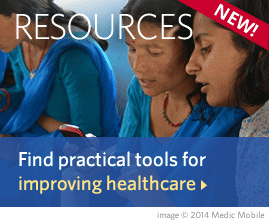Long-term and successful treatment outcomes among key populations (KPs) and other people living with HIV (PLHIV) will depend on lifelong adherence to antiretroviral therapy (ART)…
Read More...Showing results for: HIV & AIDS
UNAIDS’ past and current strategies mobilized leadership, built initiatives, and scaled up innovations to respond to HIV among children and adolescents. However, instead of using…
Read More...GMS Procurement and Supply Management tools and templates support Principal Recipients (PRs) in their management of medications and health supplies. The tools assist PRs to…
Read More...These tools and templates were developed by GMS staff and consultants in working with the Country Coordinating Mechanisms (CCMs) and their secretariats around the world.…
Read More...These tools were developed in collaboration with GMS clients—Principal Recipients (PRs) and Subrecipients (SRs)—and GMS technical managers and consultants. They are meant to provide support…
Read More...In the course of almost 10 years of operation, GMS progressively refined its approach to organizing and implementing short-term technical supported, and has consequently identified…
Read More...This open access book, produced under the USAID Applying Science to Strengthen and Improve Systems (ASSIST) Project, is a collection of 12 case studies capturing…
Read More...Partner notification linked with HIV index testing has been recommended for adolescent girls and young women (AGYW) in low and middle income countries to support…
Read More...The USAID-funded project Saúde Para Todos (Health For All, or HFA) supported the Angolan government’s efforts to increase quality health service delivery across the country.…
Read More...By 2030, more people in sub-Saharan Africa will be affected by diseases associated with wealth than those associated with poverty. How can we adapt and…
Read More...





